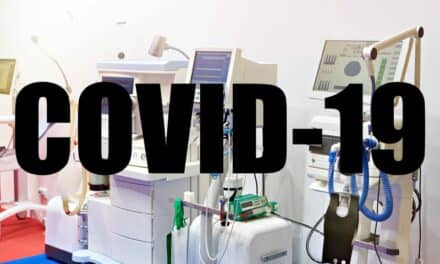The clinical effectiveness of Getinge’s patented Neurally Adjusted Ventilatory Assist (NAVA), which uses the patient’s own respiratory drive to control ventilator assistance, is supported in an independent trial. According to the NAVIATOR trial, NAVA significantly increased the number of ventilator-free days and shortened the time spent on mechanical ventilation (MV) for adult patients with acute respiratory failure (ARF).1
“This large multi-center independent trial supports that NAVA has significant positive clinical effects for adult patients in intensive care units (ICU),” says Jens Viebke, president of Acute Care Therapies at Getinge. “The study showed that through the use of NAVA, the days on mechanical ventilation could be reduced from 12 to 8 days, a four-day reduction or close to 35%, which is quite a remarkable improvement with many positive consequences. Fewer days in the ICU also translates to a significantly improved health economy, enabling hospitals to free up precious ICU beds and resources.”
The NAVIATOR randomized, controlled trial (RCT), which was conducted in 14 centers located in Spain and one in China, included 306 patients with acute respiratory failure from several etiologies, such as pneumonia, sepsis, COPD, and post-surgical patients. Earlier this year, an increase in ventilator-free days was also reported in two single-center randomized, controlled trials completed in China and the UK.
Getinge is highlighting the groundbreaking technology of NAVA in a new video, which showcases Sabina Checketts, who was born 12 weeks too early with a 50/50 chance of survival. Checketts is now a neonatal doctor, using new therapies and sophisticated technology to improve outcomes for premature babies.
For more information, visit Getinge.
Reference
- Kacmarek RM, Villar J, Parrilla D, et al. Neurally adjusted ventilatory assist in acute respiratory failure: a randomized controlled trial [published online ahead of print, 2020 Sep 6]. Intensive Care Med. 2020;1-11. doi:10.1007/s00134-020-06181-5




